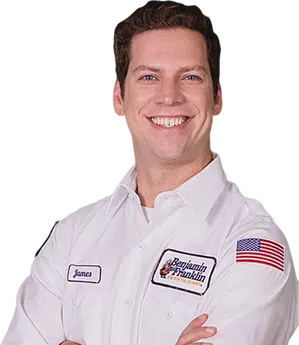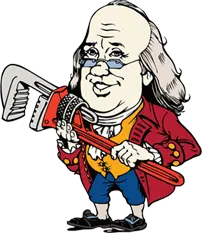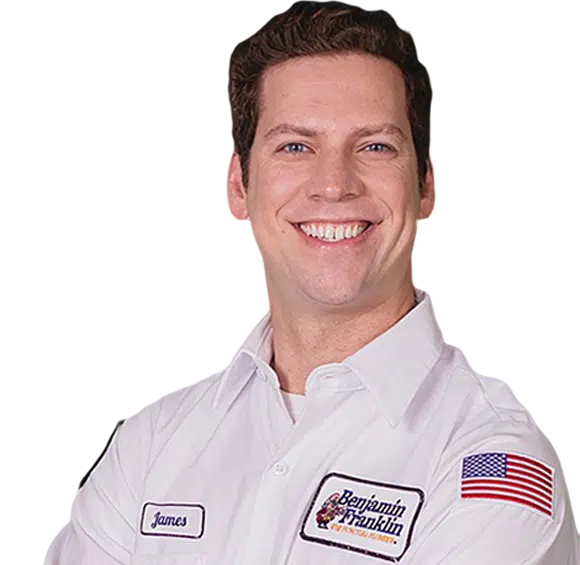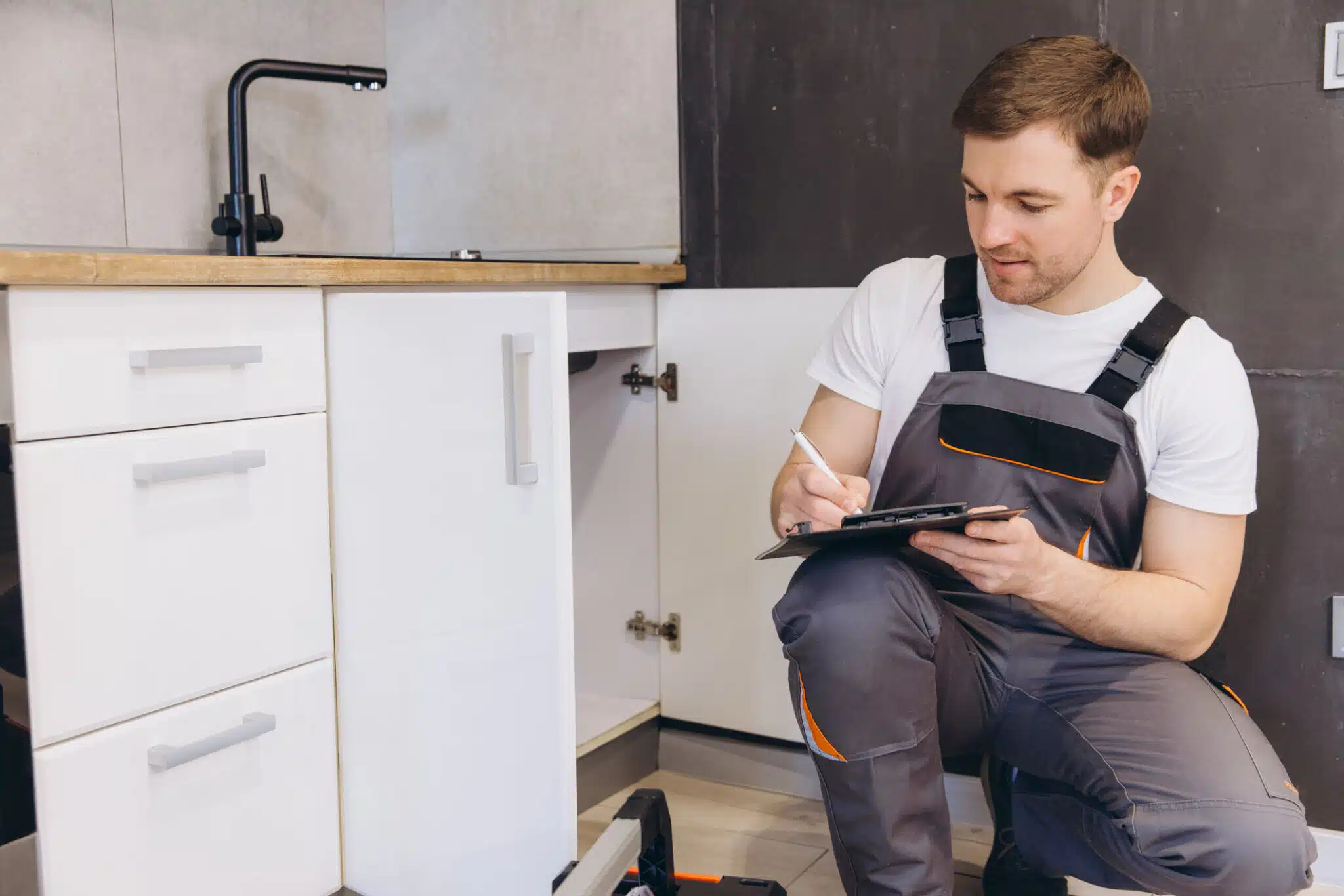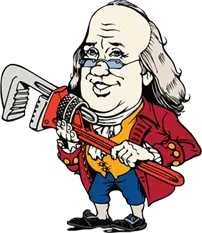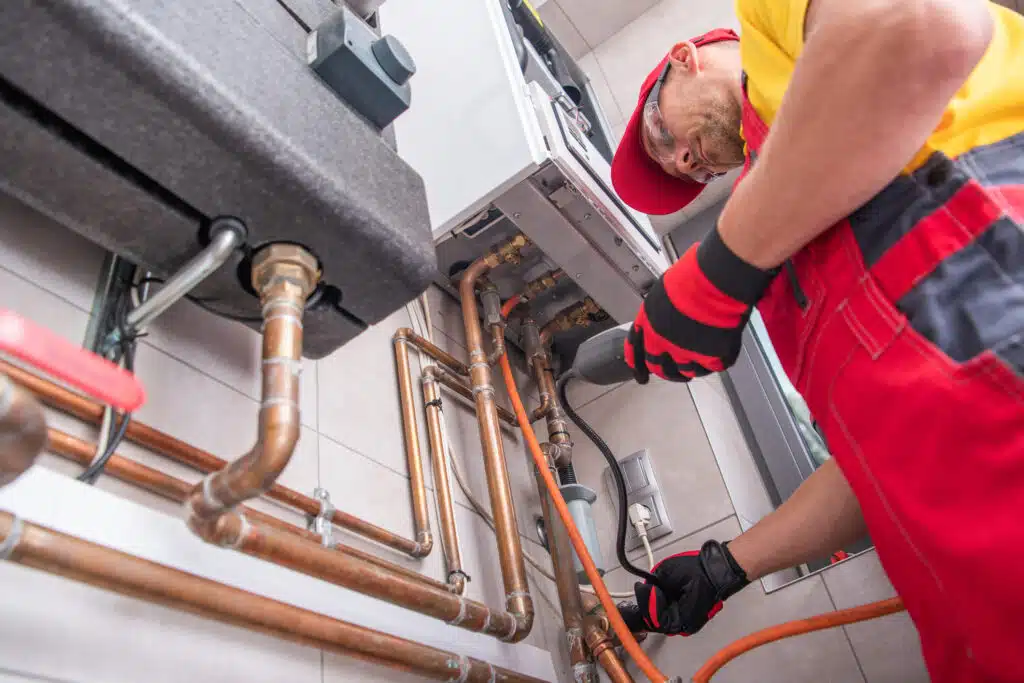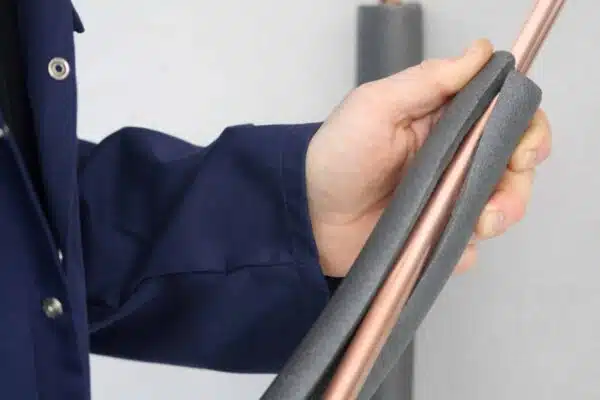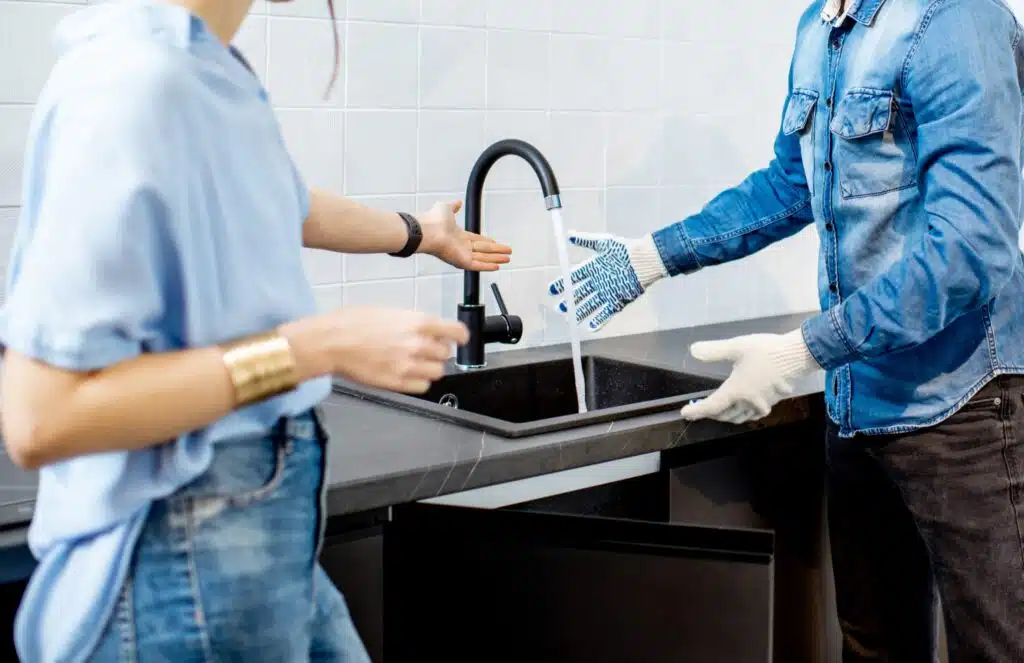Ensuring your home’s plumbing system runs smoothly is crucial, and an annual plumbing audit is the key to achieving this. Homeowners in Lancaster, PA, and surrounding areas understand the importance of keeping their plumbing systems in top shape. This preventative measure not only helps in identifying potential issues before they escalate but also contributes to the overall efficiency and longevity of your plumbing. By integrating an annual plumbing audit into your home maintenance routine, you’re taking a significant step towards safeguarding your property.
The concept of an annual plumbing audit might seem daunting at first, but it’s simpler than most think. It involves a thorough inspection of your home’s entire plumbing system, from pipes and faucets to water heaters and drainage. Residents in York, PA, have found that regular audits can lead to substantial savings by avoiding costly repairs down the line. Plus, it’s a great way to ensure your home’s water system is both safe and sustainable.
But what exactly should be included in your checklist for an annual plumbing audit? There are several key elements to consider, from checking for leaks and corrosion to assessing water pressure and testing shut-off valves. Each of these steps plays a vital role in maintaining the health of your plumbing system. Understanding what to look for can make the process manageable and less time-consuming.
Fortunately, you don’t have to tackle this task alone. Professionals specializing in plumbing services are equipped to conduct comprehensive audits, ensuring every component of your system is functioning correctly. Their expertise can provide peace of mind, knowing your plumbing is in good hands. So, as you consider the health of your home in Lancaster, PA, or York, PA, remember that an annual plumbing audit is your best defense against unexpected plumbing disasters.
Understanding the Importance of an Annual Plumbing Audit
Understanding the significance of an annual plumbing audit is crucial for homeowners aiming to maintain their home’s plumbing system efficiently. This process allows individuals to identify minor issues before they become major problems, ensuring the plumbing system’s optimal performance. Particularly for residents in Lancaster, PA, where weather conditions can affect plumbing systems, an annual audit can be a game-changer. It’s an investment in your home’s functionality and safety, preventing unexpected breakdowns and costly repairs.
An annual plumbing audit also plays a pivotal role in conserving water and reducing utility bills. By detecting leaks and inefficiencies early, homeowners can save a significant amount of water, contributing to environmental conservation and financial savings. In York, PA, where water conservation is becoming increasingly important, such audits are not just beneficial; they’re essential. They ensure that every drop of water flowing through your home’s pipes is used efficiently, without wastage.
Moreover, this audit includes evaluating the condition of water heaters, which is often overlooked. A well-maintained water heater not only provides consistent hot water but also operates more efficiently, extending its lifespan. This examination can reveal potential issues like sediment build-up or corrosion, common in areas with hard water. Addressing these problems promptly can enhance your water heater’s efficiency and prevent unexpected malfunctions.
Lastly, an annual plumbing audit offers peace of mind, knowing that your home’s plumbing system is in excellent condition. It’s a proactive measure that safeguards your home against plumbing emergencies, which can be stressful and expensive. Homeowners can rely on professional plumbers to conduct these audits thoroughly, ensuring every aspect of the system is inspected and maintained. This annual check-up is a smart approach to home maintenance, ensuring your plumbing system serves you well year after year.
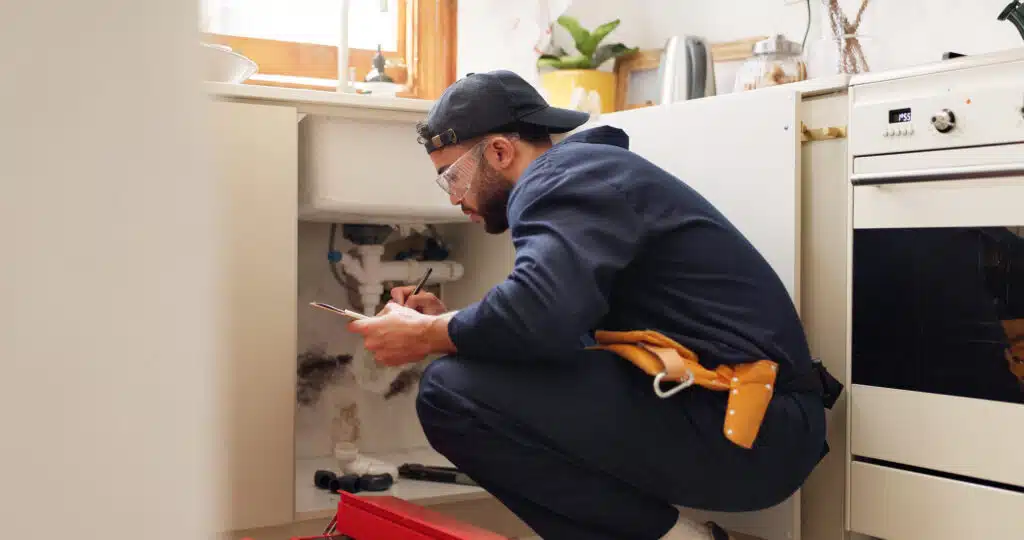
Checking for Leaks: Where to Look First
When embarking on an annual plumbing audit, one of the first areas to scrutinize is under sinks. These locations, often overlooked, are common sites for leaks that can lead to significant water damage over time. By checking the pipes and connections for any signs of moisture or drips, homeowners in Lancaster, PA, can catch issues early. This proactive step is crucial in preventing the escalation of minor leaks into major problems.
Another critical area to inspect during your audit is around appliances that use water, such as dishwashers and washing machines. Hoses and connections can become loose or wear out, leading to leaks that are not immediately visible. Regular checks ensure these appliances continue to operate efficiently, safeguarding your home in York, PA, against water damage and unnecessary water wastage. Identifying and addressing these leaks early can significantly contribute to the longevity of your appliances.
Toilets are also pivotal points for leaks, often going unnoticed until they cause a noticeable increase in water bills. A simple test by adding a few drops of food coloring to the tank can reveal whether water is leaking into the bowl without flushing. This easy, yet effective method can save homeowners in Lancaster, PA, and beyond, a considerable amount on their water bills. Fixing these leaks promptly ensures the efficient use of water and reduces the risk of damage.
Finally, don’t overlook outdoor faucets and hose bibs during your annual plumbing audit. Seasonal changes can cause wear and tear, leading to leaks that not only waste water but can also cause damage to the home’s exterior. Checking these fixtures for leaks and proper operation before and after the cold months is essential, especially in areas like York, PA, where temperatures can fluctuate significantly. This step completes a thorough audit, ensuring all parts of your plumbing system are leak-free and fully functional.
Inspecting Pipes: What You Need to Know
During your annual plumbing audit, paying close attention to your home’s pipes is a must. In Lancaster, PA, inspecting pipes for corrosion or damage is crucial due to the area’s specific water properties. Spotting signs of wear early can prevent costly repairs and water damage. This step ensures that the integrity of your plumbing system remains intact, safeguarding your home’s water flow.
In addition to visual inspections, listening for unusual noises coming from the pipes can reveal hidden issues. Noises such as banging or whistling in York, PA, homes may indicate high water pressure or trapped air, both of which can strain your plumbing system. Addressing these sounds promptly can avert potential damage, maintaining the system’s efficiency. It’s a simple yet effective way to catch problems that aren’t immediately visible.
Another key aspect of the audit involves checking for pipe insulation, especially in areas prone to freezing temperatures. Proper insulation helps prevent the pipes from freezing and bursting, a common concern during the colder months. By ensuring your pipes are adequately insulated, you protect your home from significant water damage and maintain uninterrupted water supply throughout the year.
Lastly, assessing the water flow in different parts of your house can provide insights into the condition of your pipes. Reduced water pressure or slow drainage can signal clogs or obstructions in your plumbing system. Tackling these issues early, as part of your annual plumbing audit, keeps your plumbing in optimal condition, ensuring smooth and efficient water flow in your home.
Water Heater Health: Ensuring Efficiency and Safety
As part of your annual plumbing audit, don’t forget to check the health of your water heater. In Lancaster, PA, ensuring your water heater functions efficiently is key to a comfortable home. Sediment buildup can reduce efficiency and increase energy costs. Flushing the tank annually can prevent these issues, making it a critical step in your audit.
Next, inspect the water heater’s pressure relief valve to ensure it’s operating correctly. This safety feature protects against excessive pressure and temperature, preventing potential accidents. In York, PA, checking this valve can offer peace of mind, knowing your water heater won’t become a hazard. Regular inspections can catch problems early, contributing to the overall safety of your home.
Also, examine the water heater for signs of corrosion or leaks. These can indicate it’s time for repairs or replacement. Catching these signs early during your annual plumbing audit can save you from unexpected breakdowns. Addressing leaks promptly ensures your water heater remains a reliable source of hot water.
Lastly, consider the age of your water heater. Most have a lifespan of 8 to 12 years. If yours is nearing the end of its useful life, planning for a replacement is wise. This foresight during your annual plumbing audit can prevent a sudden loss of hot water, ensuring your household continues to run smoothly.
The Role of Water Pressure in Your Annual Plumbing Audit
Understanding the role of water pressure in your annual plumbing audit is crucial for maintaining your home’s plumbing system. In Lancaster, PA, residents often overlook this aspect, yet it’s vital for ensuring everything runs smoothly. High or low water pressure can signal underlying issues that require immediate attention. Identifying these problems early can prevent damage and save on costly repairs.
During your audit, checking the water pressure in various parts of your home helps gauge the system’s health. If you notice a significant drop in pressure, it could indicate a leak or blockage somewhere in your plumbing. Conversely, unusually high pressure might stress your pipes and appliances, leading to potential failures. Addressing these variances promptly keeps your plumbing system efficient and reliable.
In York, PA, incorporating a water pressure test into your annual plumbing audit is a smart move. This simple test can reveal a lot about the condition of your pipes and overall plumbing system. It’s a proactive step that can lead to significant savings by avoiding the expenses associated with emergency plumbing repairs. Plus, it ensures your home’s water system functions at its best, providing peace of mind.
Finally, understanding how to adjust your home’s water pressure, if needed, is an essential part of the audit. If you’re not comfortable making adjustments yourself, a professional plumber can help. They can also offer advice on maintaining optimal water pressure, ensuring your plumbing system remains in top condition year-round. Taking these steps during your annual plumbing audit can lead to a more efficient and trouble-free plumbing system.
Preparing Your Plumbing for Seasonal Changes
As the seasons change, so do the demands on your home’s plumbing system. In Lancaster, PA, preparing your plumbing for these shifts is a crucial step in your annual plumbing audit. This involves inspecting for any seasonal damage, such as cracks or leaks that can occur from freezing and thawing cycles. Addressing these issues early can prevent major repairs and ensure your system is ready for the upcoming season.
Another important aspect is to clear all drains and gutters of debris. In York, PA, falling leaves and other debris can clog your drainage system, leading to water buildup and potential damage to your home’s foundation. By keeping these areas clean, you maintain proper drainage away from your property, safeguarding against water-related issues.
It’s also wise to test your sump pump before the rainy season hits. A functioning sump pump is essential in preventing basement flooding, a common concern during heavy downpours. Running a simple test by pouring water into the pit can verify that your pump activates correctly and is prepared for increased activity.
Lastly, adjusting your water heater settings can contribute to a more efficient plumbing system. As temperatures drop, you might find the need to increase the temperature slightly for comfort. However, it’s important to ensure it’s not set too high, to avoid scalding and to conserve energy. This adjustment is a simple yet effective component of your annual plumbing audit, ensuring your home is comfortable and your system runs efficiently.
The Annual Plumbing Audit Checklist
Completing an annual plumbing audit is a crucial step for homeowners in Lancaster, PA, aiming to ensure their plumbing systems operate efficiently throughout the year. This comprehensive checklist serves as a roadmap, guiding you through each critical aspect of your plumbing to identify and address potential issues. From inspecting pipes and fixtures for leaks to testing water pressure and the functionality of shut-off valves, each task plays a vital role in maintaining the health of your plumbing system. By adhering to this checklist, you can prevent minor problems from escalating into costly repairs, ensuring your home remains safe and comfortable.
In York, PA, residents understand the importance of including their water heater in the annual plumbing audit. Checking for sediment buildup, testing the pressure relief valve, and inspecting for signs of corrosion or leaks are essential steps to ensure its optimal performance. Additionally, considering the age of your water heater can help you anticipate the need for a replacement, avoiding unexpected breakdowns. These proactive measures contribute significantly to the efficiency and longevity of your water heater, offering peace of mind and potential savings on energy bills.
Drainage systems should not be overlooked during your annual plumbing audit. Ensuring that all drains, including those in sinks, showers, and outdoor areas, are free from clogs and blockages is crucial. A smooth-flowing drainage system prevents water buildup and protects your home from water damage. By keeping an eye on these areas, you can maintain a healthy plumbing system that efficiently manages water waste, contributing to a cleaner and more sustainable home environment.
Finally, the annual plumbing audit is an opportunity to engage with professionals for a thorough inspection of your plumbing system. Expert plumbers bring a wealth of knowledge and experience, ensuring that every component of your system is evaluated accurately. They can offer invaluable advice on maintaining your plumbing and promptly address any issues discovered during the audit. Partnering with a professional not only enhances the effectiveness of your annual plumbing audit but also provides an extra layer of security, knowing your plumbing system is in excellent condition.
Tips for Hiring a Professional Plumber for Your Audit
When considering an annual plumbing audit, hiring a professional plumber becomes an essential step for homeowners in Lancaster, PA. A skilled plumber can identify issues that might not be visible to the untrained eye, ensuring a thorough inspection of your plumbing system. They bring experience and specialized tools to the task, allowing for a more accurate and comprehensive audit. This expertise is invaluable in preventing future plumbing problems and maintaining the system’s efficiency.
In York, PA, finding the right plumber for your audit involves checking credentials and experience. It’s important to choose a professional who is licensed and insured, providing peace of mind that your plumbing system is in capable hands. Asking for references and reading reviews can also offer insights into their reliability and quality of work. This research ensures you partner with a plumber who meets your specific needs and standards.
Scheduling your annual plumbing audit during off-peak times can lead to more personalized service and potentially quicker scheduling. Plumbers often have more flexibility outside of their busiest seasons, allowing for a more detailed inspection. This timing also benefits homeowners by ensuring their plumbing system is audited and ready before heavy usage periods. Planning ahead can make the audit process smoother and more efficient for both parties.
Lastly, discussing your expectations and any specific concerns with your plumber before the audit begins is crucial. This communication ensures they pay extra attention to areas you’re worried about, tailoring the service to your home’s unique needs. A professional plumber will also offer advice on maintaining your plumbing system between audits, empowering you to take proactive steps towards its upkeep. Engaging in this dialogue enhances the value of your annual plumbing audit, making it a key part of your home maintenance routine.

Frequently Asked Questions
What is an Annual Plumbing Audit?
An annual plumbing audit is a thorough check-up of your home’s plumbing system. It ensures everything runs smoothly and efficiently. During this review, professionals inspect pipes, faucets, and water-using appliances for leaks or damage. This proactive step helps homeowners avoid costly repairs and conserve water.
How often should I check my pipes?
Checking your pipes annually is part of a good home maintenance routine. This helps spot issues before they become major problems. Ideally, include it in your annual plumbing audit for best results. Regular inspections can save you from unexpected repairs and water damage.
What tools do I need for a plumbing audit?
For your annual plumbing audit, a few essential tools are needed. Start with a flashlight to spot leaks and corrosion in dark spaces. A tape measure helps check the distance between pipes and fixtures. Don’t forget a notebook to jot down any issues you find. Lastly, having some plumber’s tape on hand can be useful for minor fixes.
Can I DIY my Annual Plumbing Audit?
Yes, you can conduct your annual plumbing audit yourself. Start by using the tools mentioned earlier to inspect your home. Look for leaks, corrosion, or any unusual changes in your plumbing system. Remember, catching small issues early can save you from bigger problems down the line.
What are common issues found during audits?
During annual plumbing audits, professionals often uncover leaky faucets and pipes. They also find clogged drains that slow down water flow. Another common issue is corrosion in older metal pipes, which can lead to leaks. Finally, they might spot inefficient water heaters that increase energy bills.

